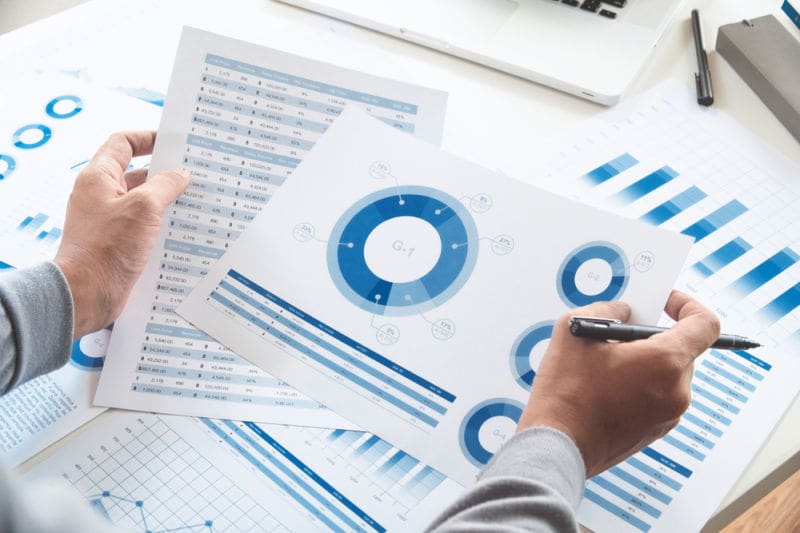Most Common Accounting Terms Explained

When dealing with your finances at some point, you may come in contact with an accountant. You don’t have to be wealthy to use one. Accountants and CPAs work at a variety of levels in the financial arena. To the layperson, accounting terms can be confusing. We believe we should acquaint everyone with at least the topmost common. This way, you can better understand how to plan financially.
Trial Balance
This is the balance for a particular account. It records all the debits and credits for that account and must balance between the two columns.
Trade Discount
For example, you have a business and order bulk goods. A trade discount is a percentage of the total amount of said order. You would receive a larger discount on big orders and a lesser discount on smaller orders. The percentage is at the discretion of the agreement between the vendor and the business.
Revenue
It’s important not to get revenue confused with receipts because we can collect revenue in any form such as cash, credit, a check or electronic transfer. Revenue is any payment collected at a specific time such as a point of sale. We also reference it as income. These two words are interchangeable.
Receipts
Receipts are for cash payments collected at the time that goods deliver. This does not include any other forms of income taken in for one business day.
Gross Margin
The Gross Margin is your profit margin. Profit means your total sales less the costs of selling that product or service such as material or supplies.
Loss
Profit and loss are integral parts of a business. We’ve explained profit as the money you make for a product or service less what it takes to create it. Loss is when you have to sell a product or service for less than what it costs to create it. Or, if we have a product, that has cost us more than what we can make from it.

Account or On Credit
This means that the financial instrument used to sell a product is credit. It tells us we are not receiving immediately available funds for this product and there is interest associated with it.
Assets
This is everything that the business or you own. The requirements are that the asset can’t have a lien on it, nor can you owe money on it. Your car is an asset if it is paid off. It’s not an asset if you have a car payment.
Accounts Receivable
Accounts Receivable is the money owed by your debtors. This is the ledger that people have the most issue keeping track of yet it’s one of the most important. You’ll lose money fast if you don’t know who owes you and they’re unlikely to remind you.
Accounts Payable
Accounts Payable are payments you owe to your creditors. These are the most important ledgers and need to be in pristine condition. Most times they’re not and that’s what you need to avail yourself of an accountant for.
Learn More
Being acquainted with the aforementioned accounting terms is an important step in having a seamless experience with your accountant. A good accountancy firm will take the time to enlighten you on the strengths and weaknesses of your financial life and how to affect solutions.
Learn more with Ash CPA. We offer an array of accounting solutions to meet everyone’s needs. Call (617) 462-6651 to book a consultation online.
